Can a Bad Battery Cause Surging – The Hidden Danger!
I once had a car that started surging unpredictably, with the engine revving up on its own. After some troubleshooting, I discovered that the battery was weak and failing to provide stable voltage.
Replacing the battery fixed the problem, and the surging stopped completely. This experience highlighted how crucial a well-maintained battery is for smooth vehicle performance.
Introduction:
Surging is a term that sends a chill down the spine of many drivers. It describes a vehicle’s erratic revving, a sudden spike in RPMs, or a lurching motion that can catch you off guard, affecting not only comfort but safety.
When a car’s performance becomes unpredictable, it’s often a sign that something within the system isn’t functioning as it should. While many assume this is solely related to mechanical issues, the electrical system—and more specifically, the car’s battery—can be a hidden culprit.
The battery plays an integral role in a car’s electrical system, providing the power necessary to keep everything running smoothly. Without a stable power source, the vehicle’s complex systems can experience interruptions that manifest in strange behaviors like surging.
Understanding how the battery influences engine performance can help drivers identify issues before they escalate into costly repairs.
Defining Surging:
Surging is a condition in which your vehicle experiences spontaneous fluctuations in power or speed. You may feel the car pull forward unexpectedly or hear the engine rev without pressing the accelerator.
Surging typically occurs due to irregularities in fuel or air delivery, but it can also be triggered by disruptions in the vehicle’s electrical system, particularly when the battery fails to supply a steady stream of power.
This issue can be disorienting for drivers and dangerous if left unchecked. Since modern cars rely on a delicate balance of mechanical and electronic systems, any disturbance in one can ripple across the vehicle’s performance.
The Critical Role of the Battery in a Car’s Electrical System:
Your car’s battery is more than just a starting power source. It serves as the heart of the vehicle’s electrical framework, ensuring everything from the ignition system to the onboard electronics function properly.
It also supports the alternator, which maintains power once the engine is running, by stabilizing voltage and ensuring a smooth electrical flow throughout the vehicle.
When the battery begins to degrade, it can no longer maintain the same consistency of power. This inconsistency can cause various electrical systems, including those that control engine performance, to misbehave. The result? Erratic engine behavior such as surging.
Why Understanding the Connection Between a Bad Battery and Surging is Important:
Recognizing the link between a bad battery and engine surging is critical for any driver looking to maintain their vehicle’s health. Surging not only affects your car’s driveability but also signals deeper issues within the system.
Ignoring it can lead to more severe malfunctions down the line. Being aware of your battery’s role in this helps you stay ahead of potential problems and avoid unnecessary stress on other components, ultimately saving you from more significant repairs.
Also Read:
How Does a Car Battery Impact Engine Performance?
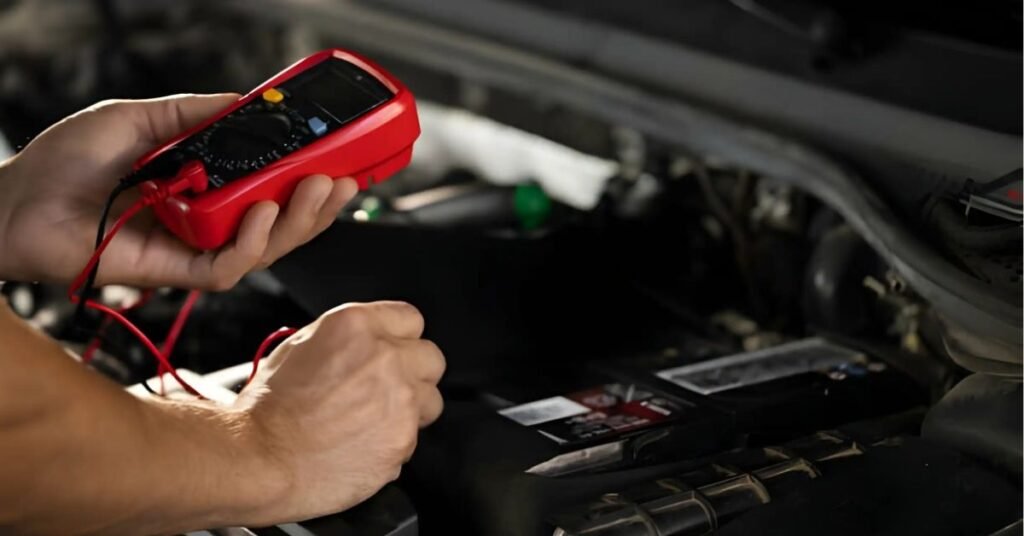
The Essential Functions of a Car Battery Beyond Starting the Engine:
While the primary function of the car battery is to start the engine, its job doesn’t end there. The battery also powers the electronic control units (ECUs) and other onboard systems that regulate engine performance.
Once the engine is running, the battery supports these systems by providing backup power and helping to stabilize the voltage coming from the alternator.
The battery’s ability to provide steady voltage is vital for keeping the car’s systems in balance. Without this consistency, the ECU may miscalculate critical inputs like fuel injection timing or throttle response, resulting in erratic engine behavior.
Battery’s Role in Providing Stable Electrical Flow to the Engine and Components:
The battery ensures a constant supply of electricity, which is crucial for maintaining a smooth engine operation. The ECU relies on this steady flow to process data from sensors and make real-time adjustments to things like air-fuel ratio, ignition timing, and idle speed.
If the battery falters, the ECU might receive intermittent power, causing it to misinterpret signals or delay responses, which can lead to surging or other performance issues.
How Voltage Fluctuations from a Bad Battery Can Affect Engine Behavior:
A weak or failing battery can lead to voltage fluctuations, which disrupt the electrical flow to key components. These fluctuations cause irregular engine behavior, such as sudden changes in RPMs, inconsistent power delivery, or stalling.
When voltage drops too low, it can cause the ECU to malfunction, which may result in erratic fuel injection or timing issues—both of which can cause the engine to surge.
read also: Can a Weak Car Battery Cause ECU Problems – Save Your ECU From Harm!
What is Engine Surging and How Does It Manifest?
Symptoms of Surging:
Engine surging is fairly easy to identify once you know what to look for. Common symptoms include the car accelerating without input from the throttle, fluctuating RPMs while driving or idling, or the engine revving unpredictably.
Drivers may also notice the car lurching forward or stalling intermittently. These symptoms can occur at low speeds or during acceleration and are often accompanied by a sense that the vehicle is struggling to maintain consistent performance.
Common Causes of Engine Surging Beyond the Battery:
While a bad battery can certainly cause surging, there are other mechanical and electrical issues that may be responsible. Problems with the fuel system, such as a clogged fuel filter, dirty injectors, or a failing fuel pump, can restrict fuel flow and lead to surging.
Air intake issues, such as a dirty air filter or malfunctioning mass airflow sensor, can disrupt the air-fuel mixture, also causing surging. Additionally, issues with the throttle body, spark plugs, or vacuum leaks are common culprits that should be ruled out.
The Dangers of Ignoring Surging and the Potential for Long-Term Damage:
Ignoring engine surging is a recipe for disaster. What begins as a minor inconvenience can quickly escalate into a major issue, potentially damaging the engine, transmission, or catalytic converter.
Over time, surging places undue strain on various components, leading to increased wear and tear. Left unchecked, this can result in expensive repairs and even complete engine failure. It’s crucial to diagnose and address the underlying cause of surging as soon as possible.
Can a Bad Battery Cause Engine Surging?
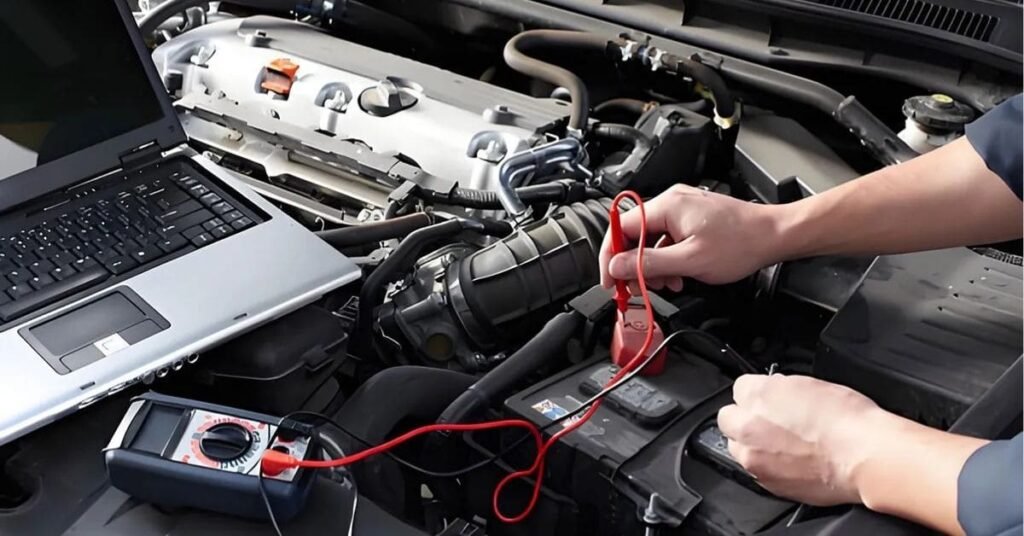
The Relationship Between Battery Power and Engine Control Systems:
The engine control systems in modern vehicles are heavily reliant on a consistent flow of electrical power from the battery. These systems manage everything from fuel delivery to ignition timing, and even minor disruptions in power can cause them to operate incorrectly.
A bad battery that fails to provide steady voltage can throw these systems into disarray, leading to surging or other erratic engine behaviors.
How a Weak or Failing Battery Leads to Inconsistent Voltage, Causing Surges:
When a battery is weak or failing, it can no longer maintain the voltage levels required for optimal engine performance. This causes the ECU to receive intermittent or inconsistent power, which affects its ability to process data accurately.
As a result, the ECU may send incorrect commands to the engine, leading to misfires, surges, or stalling.
Real-Life Scenarios Where Battery Failure Resulted in Engine Surging:
There are numerous real-world examples of drivers experiencing engine surging due to battery failure. In many cases, drivers reported their vehicles surging unexpectedly, particularly when turning on electrical components like the headlights or air conditioning.
Upon inspection, it was found that the battery was either weak or nearing the end of its lifespan, causing the ECU to malfunction. Once the battery was replaced, the surging ceased.
read also: Can a Weak Battery Affect Transmission Shifting – Shocking Truth!
Other Electrical Issues That May Cause Surging:
Alternator Problems:
While a bad battery can cause surging, alternator problems can also produce similar symptoms. The alternator is responsible for charging the battery and providing power to the vehicle’s electrical systems while the engine is running.
If the alternator is faulty, it may not supply enough power to keep the battery charged, leading to voltage drops and surging.
Issues with Wiring and Connections:
Faulty wiring or loose electrical connections can disrupt the flow of electricity throughout the vehicle, leading to intermittent power loss and surging.
Frayed wires, corroded terminals, or poor connections can create electrical shorts that affect the ECU and other critical systems, mimicking the symptoms of a bad battery.
Role of the Voltage Regulator in Preventing Surges:
The voltage regulator ensures that the electrical system maintains a consistent voltage level. If the voltage regulator fails, it can allow voltage spikes or drops, causing the ECU to receive erratic signals.
This can result in engine surging, as the ECU struggles to manage the engine’s performance with unreliable power.
Also Read:
How to Diagnose Whether the Battery Is the Cause of Surging:
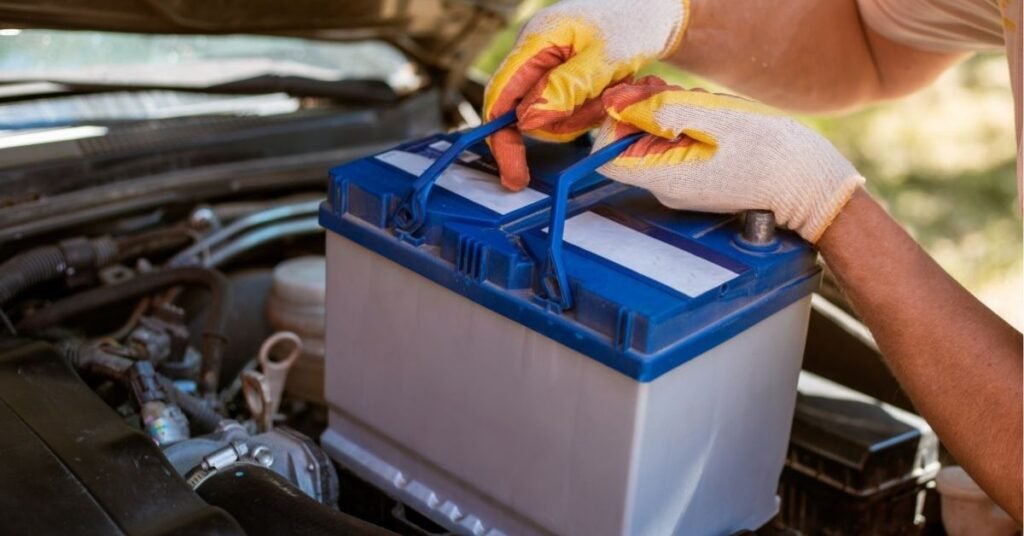
Signs Your Battery May Be Failing:
Before jumping to conclusions, it’s essential to recognize the signs of a failing battery. These include slow engine cranking, dim or flickering headlights, and other electrical malfunctions, such as power windows operating slower than usual. If you experience any of these issues in addition to surging, the battery may be the culprit.
How to Test Your Car Battery’s Voltage and Performance:
To determine if the battery is causing the surging, you can perform a voltage test using a multimeter. A fully charged battery should read between 12.4 and 12.7 volts. If the reading is significantly lower, the battery may need replacing.
It’s also advisable to perform a load test, which simulates real-world driving conditions to ensure the battery can maintain adequate power under stress.
The Importance of Checking the Entire Electrical System Before Assuming Battery Failure:
While a failing battery is a common cause of surging, it’s crucial to check the entire electrical system before making assumptions.
Problems with the alternator, voltage regulator, or wiring can also contribute to surging, so a comprehensive inspection of the electrical system is necessary to identify the root cause.
read also: Is it OK to Leave Car Battery in Garage – Find Out Now!
Preventing Battery-Related Surging and Maintaining Electrical Health:
Regular Battery Maintenance:
Preventing battery-related surging starts with regular maintenance. This includes checking the battery terminals for corrosion, ensuring the battery is properly secured, and testing its voltage periodically. Keeping the battery clean and free of debris can also help prolong its life.
Checking and Replacing the Battery Before It Fails:
To avoid being caught off guard by a failing battery, it’s wise to replace it before it reaches the end of its life. Most batteries last between three to five years, depending on usage and climate conditions.
Replacing the battery preemptively can save you from dealing with engine surging or other electrical problems.
Keeping Your Car’s Electrical System in Good Condition to Avoid Surging:
Maintaining the overall health of your car’s electrical system is essential to preventing surging. Regularly inspecting the alternator, voltage regulator, and wiring can help ensure that the entire system is functioning correctly.
By staying proactive about electrical maintenance, you can avoid the headaches caused by engine surging and keep your vehicle running smoothly.
FAQ’s
1. Can a bad battery cause engine surging?
Yes, a bad battery can cause engine surging. A failing battery may not provide a steady voltage, leading to erratic engine performance and surging due to irregular power supply to the engine control systems.
2. What are common symptoms of engine surging?
Common symptoms include unexpected acceleration, fluctuating RPMs, engine revving without throttle input, and the vehicle lurching forward. These issues often occur during acceleration or idling.
3. How can I tell if my battery is failing?
Signs of a failing battery include slow engine cranking, dim or flickering headlights, and electrical issues like slower power windows. Checking the battery’s voltage and performing a load test can confirm its condition.
4. Are there other causes of engine surging besides a bad battery?
Yes, engine surging can also be caused by issues with the fuel system, air intake problems, throttle body issues, spark plugs, or vacuum leaks. A comprehensive inspection is needed to identify the exact cause.
5. How can I prevent surging caused by a bad battery?
Prevent surging by maintaining your battery through regular checks, cleaning terminals, and replacing it before it fails. Also, ensure the overall health of your vehicle’s electrical system with periodic inspections.
Conclusion:
Engine surging can be unsettling and may be linked to a bad battery among other issues. By understanding how a failing battery can disrupt your vehicle’s performance, you can take proactive measures to maintain both your battery and electrical system. Regular maintenance and timely replacements can prevent costly repairs and ensure smoother driving experiences.
Read Also:
Can a bad battery cause acceleration issues – Here’s How!
How Long Can I Leave My Car in Accessory Mode – What You Need to Know!
How to Fix Transmission Malfunction After a Dead Battery – Step-by-Step Guide!
Does Plugging in a Diesel Charge the Battery – What About the Battery!
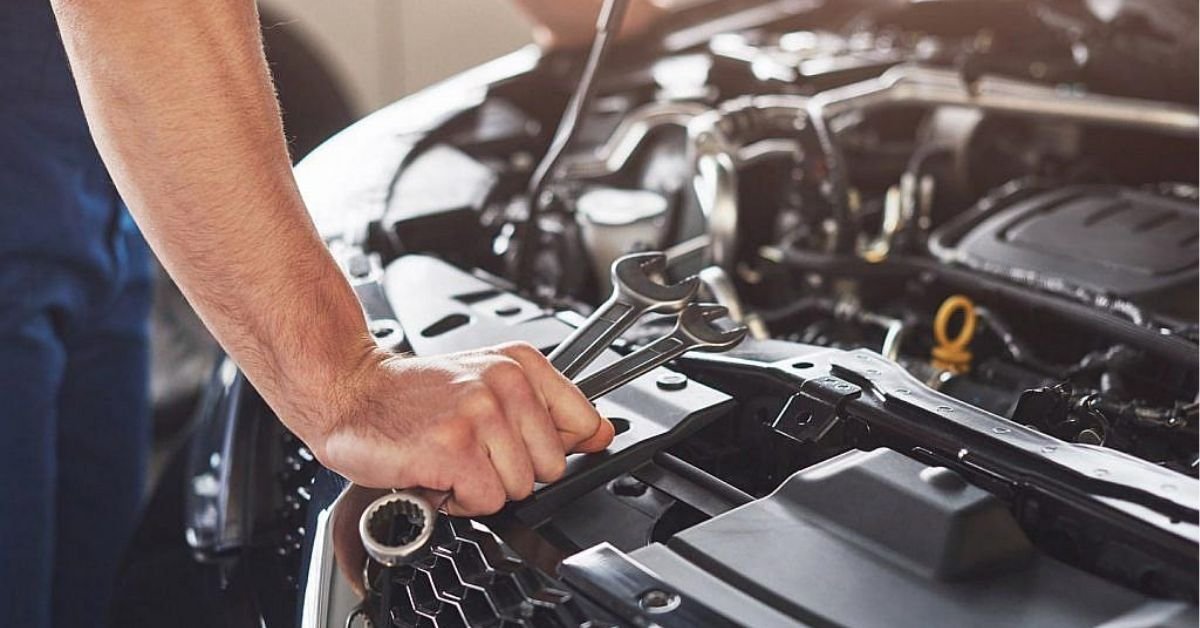

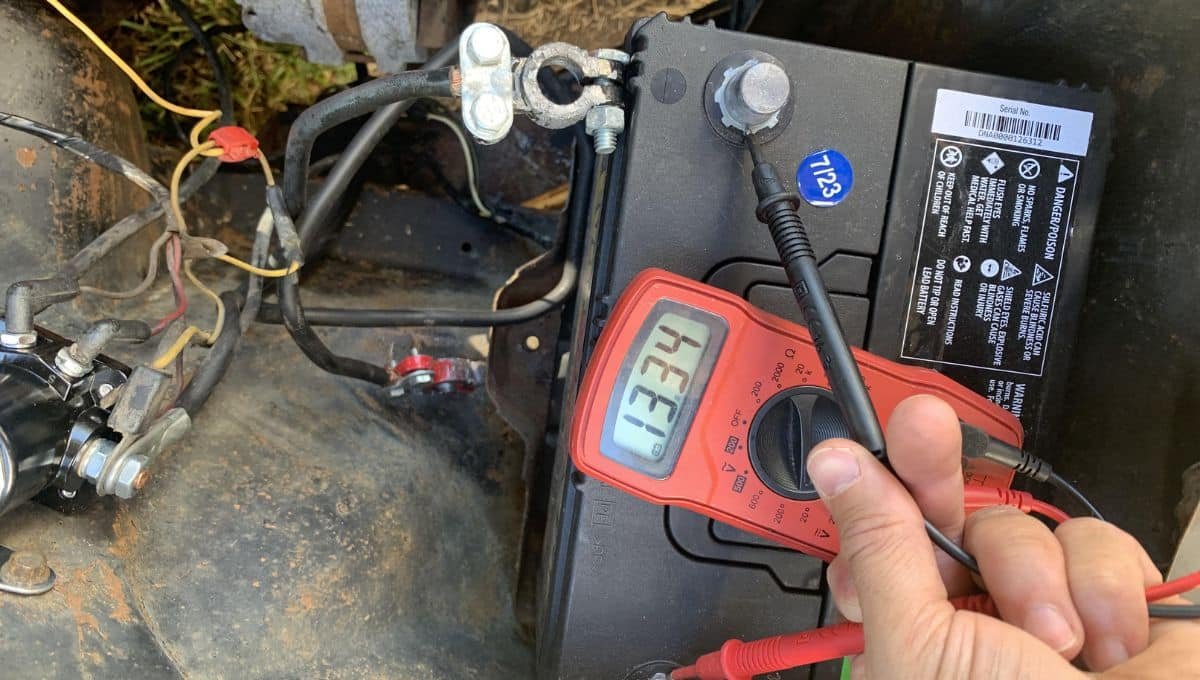


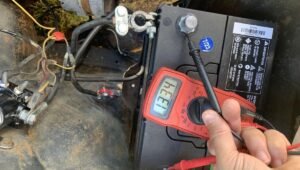




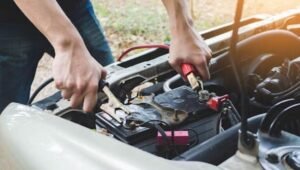
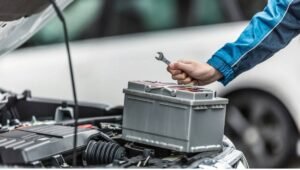
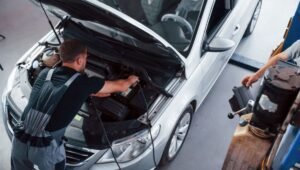
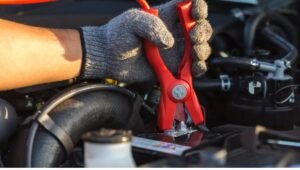
Post Comment